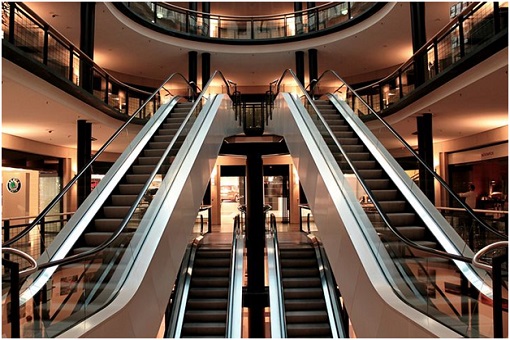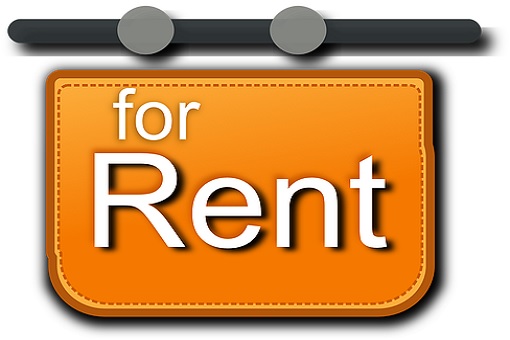Many elements of running a business may have moved online, but one thing that hasn’t changed is the importance of having a physical space to conduct business. Most customers still prefer to visit a store or office in person, and many companies still rely on foot traffic for a significant portion of their revenue. That’s why renting commercial real estate is vital to running a successful business.
However, renting a commercial space is one of the most critical business decisions. You need to ensure that you are getting the most value for your money and that the space meets the needs of your business. Here are six things you need to keep in mind when renting commercial real estate:
Improvement Expenses
Improvement expenses refer to the costs of making changes or improvements to the property you rent. These expenses can add up quickly, so clearly understanding what is included in your commercial lease agreement is essential. Make sure to get an estimate of the cost of any necessary improvements before signing a lease.
Talk to the landlord about which improvements are necessary and what the timeline for those improvements would be. You should also ask if the landlord is willing to make any concessions on the rent price in exchange for improvements.

Operating Expenses
Through the duration of renting a commercial space, various expenses will fall under the category of “operating expenses.” These can include property taxes, insurance, utilities, and maintenance. Be sure to ask your landlord for a breakdown of the operating expenses in your lease agreement. This will help you budget for these costs and avoid any surprises down the road.
Also, some landlords may try to pass on hidden costs by lumping them into operating expenses. So, it’s essential to closely examine any charges that fall under this category.
Take time to understand the costs and what they mean for your business.
Types of Leases
There are two main types of leases for commercial spaces: net leases and gross leases.
Net leases require the tenant to pay a base rent and additional expenses like property taxes, insurance, and utilities. A triple net lease is the most common type and requires the tenant to pay all three other expenses. Although net leases typically have a higher base rent, they can be more affordable in the long run because you are not responsible for paying the additional expenses.
On the other hand, gross leases include all of these expenses in the base rent price. This means that your monthly payments will be lower, but you will have less control over how your money is being spent.
Location
The location of your commercial space is one of the most critical factors. Choosing a place that is convenient for your customers and employees is essential. It would be best to consider the surrounding businesses when choosing a location. If you rent a retail space, you’ll want to ensure that complementary companies are nearby.
For example, suppose you are opening a coffee shop. In that case, you’ll want to ensure there are other businesses like restaurants or shops that people can visit before or after visiting your business.
The location of your commercial space can also impact the price of rent. So, be sure to consider all of these factors when making your decision.

Lease Terms
The length of your lease is an essential factor to consider. A longer lease term gives you stability and predictability, which can be helpful for budgeting purposes. It can also be beneficial if you plan to improve the space.
However, a longer lease also means you are committed to the space for a more extended period. So, if your business doesn’t do well or you need to make changes for any reason, it can be challenging to get out of the lease.
A shorter lease term gives you more flexibility but can also be more expensive in the long run. Consider your needs and what is best for your business when deciding on a lease term.
Break Clauses
A break clause is a provision in a lease agreement that allows either the tenant or the landlord to terminate the lease early.
This can be beneficial if you need to make changes to your business or if the space is not working out for any reason. However, it’s important to note that break clauses can be tricky and should be carefully reviewed before signing a lease agreement.
When choosing a commercial space for your business, there are many factors to consider. Be sure to take your time and do your research to find the best space for your needs. Operating expenses, location, lease terms, and break clauses are essential to keep in mind. With careful consideration, you can find the perfect space for your business.

|
|
June 13th, 2022 by financetwitter
|


|

|

|

|

|

|




























Comments
Add your comment now.
Leave a Reply